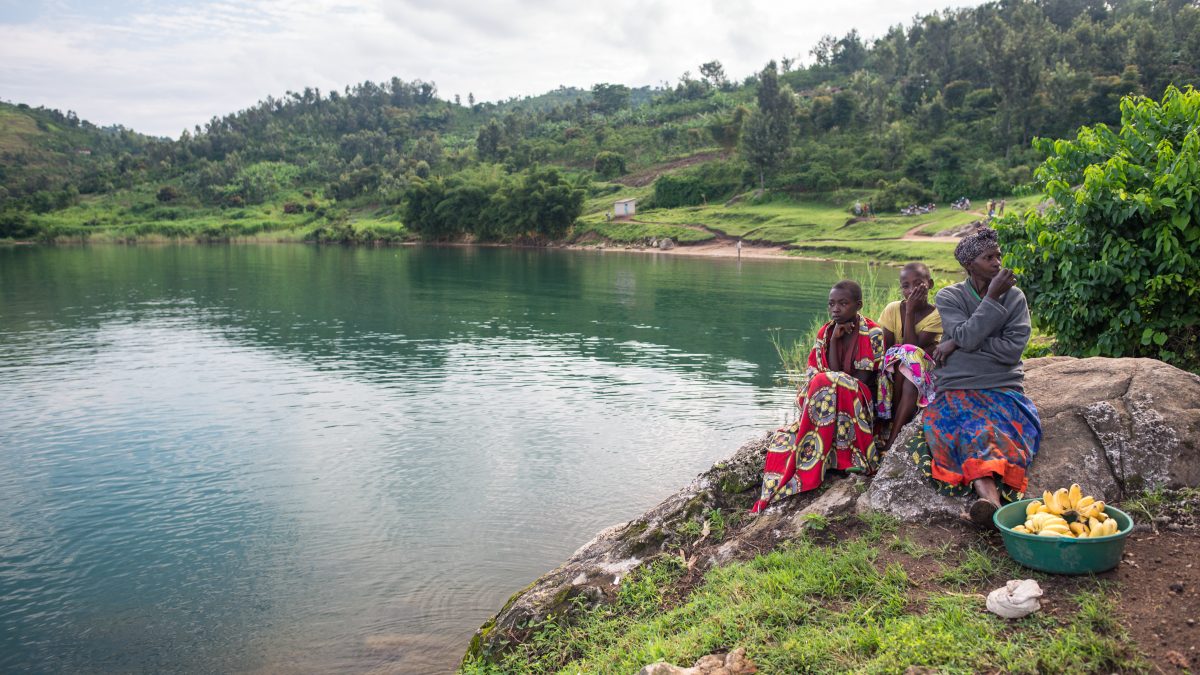Rwanda

From 1996 to 1997, The Carter Center worked to find a political solution to the crisis in the Great Lakes region of Africa following the Rwandan genocide.
Impact
- Convened summits with the presidents of Burundi, Rwanda, Tanzania, Uganda, and Zaire (now the Democratic Republic of the Congo), all of whom committed to repatriating 1.7 million Rwandan refugees and curbing the post-genocide violence
Jimmy Carter Commentary: U.S. Must Lead World on Human Rights
Remembering Rwanda: Carter Center Statement on Tenth Anniversary of Genocide
Jimmy Carter: Hope is Not Lost

Explore Further
Global Impact Starts with You
Your support sustains the Carter Center's mission of waging peace, fighting disease, and building hope around the world.
